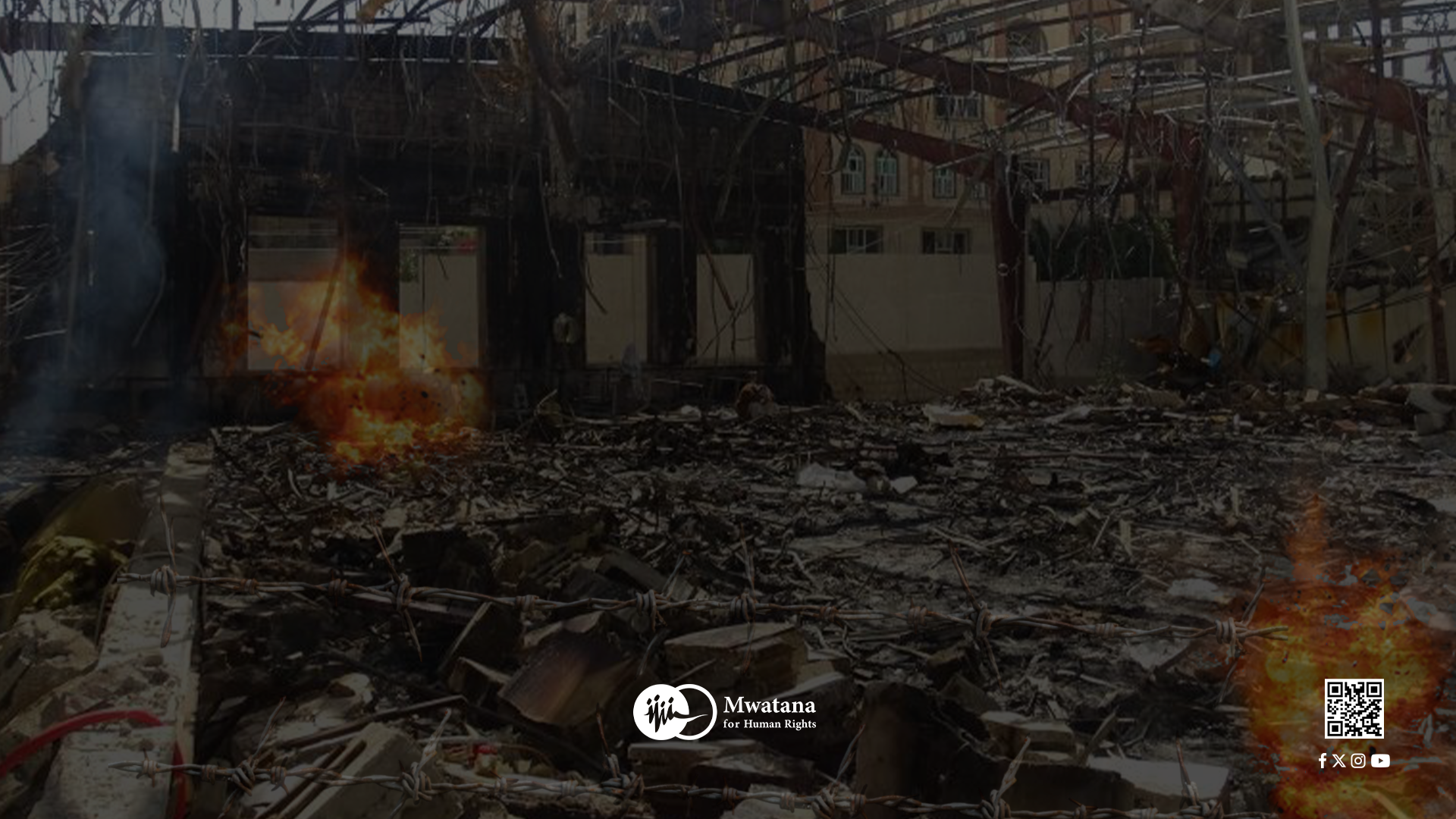
How German authorities have failed Yemeni plaintiffs

Children who cannot be rescued from burning apartments because of unrelenting carpet-bombing, houses reduced to rubble during daylong airstrikes – anyone who has lived through such experiences knows that there are certain kinds of damage that cannot be compensated. Nonetheless, three Yemeni nationals affected by the air war still had hoped for justice and a safer future when, in 2021, they contested German licenses for the export of military equipment to the final destinations of Saudi Arabia and the United Arab Emirates (UAE). Their aim was to finally put an end to the shipment of German arms that have repeatedly put their lives and wellbeing in danger. But four years later, now even this hope appears to be crushed. A seemingly endless saga of administrative inaction and lack of transparency, coupled with incalculable financial risk, brought the three applicants to the decision to no longer pursue the case.Together with the Yemeni NGO Mwatana for Human Rights, ECCHR has supported the three plaintiffs.
Radhya Al-Mutawakel, Chairperson of Mwatana for Human Rights:
"Mwatana has documented at least 1,070 indiscriminate and disproportionate airstrikes on civilian targets, resulting in at least 7,624 civilians, both killed and injured. This number does not include all attacks, but only those we have been able to document. Schools, hospitals, and civilian homes have been destroyed, along with essential infrastructure for the population, and thousands have been killed, injured, or displaced. Germany has not only contributed to this through arms exports to Saudi Arabia and the UAE, but after ten years of these devastating attacks, it has taken no steps to deliver justice."
Annabell Brüggemann, Legal Advisor Business and Human Rights, ECCHR:
“It is more than understandable for the plaintiffs to stop pursuing their case under these circumstances. With regard to licenses that have already been granted, the federal government acts largely in a non-transparent manner. At the same time, the BAFA and the Administrative Court are demanding that affected parties provide very detailed information on individual licenses in order to avoid an unmanageably high cost risk. This has generated an alarming quandary that blocks access to effective legal protection for the plaintiffs and makes it very hard to assess whether German arms exports into conflict regions are violating international legal obligations.”
The course of the proceedings showcased how the German government, authorities and courts are rendering the judicial review of arms exports virtually impossible, while systematically denying affected civilians effective legal protection.This worrying trend can also be observed in Italy and France, where we and our partners are also taking legal action against arms exports that have been used against civilians in Yemen.
More about the case:
The case concerns military equipment licensed for export from Germany to Saudi Arabia and the UAE. Both countries led the military alliance that intervened in Yemen exactly 10 years ago in March 2015 by launching massive airstrikes against the civilian population. The air war has been associated with numerous, well-documented violations of international humanitarian law and has endangered the constitutionally protected right to life and physical inviolability of the three applicants. Based on indications that Germany had continued to export arms and military equipment to the alliance even after the airstrikes had begun, the three plaintiffs contested the export licenses with the responsible German authority (BAFA). Their complaint was directed at military equipment intended for air warfare, including spare parts for airplanes, bomb targeting systems, as well as bombs and missiles to be deployed from airplanes. As their aim was both to prevent further licensing of such equipment and to revoke licenses that had already been granted at the time but had not yet expired, the plaintiffs also requested access to the BAFA authority’s files. Given the extensive lack of transparency concerning arms export licenses, it was impossible for the plaintiffs to know how many licenses and companies might be affected.
The BAFA stalled for two years, citing ministerial coordination processes, and finally rejected all applications at the end of April 2024 for being too vague. The affected parties filed an appeal against this decision with the Frankfurt Administrative Court at the end of May 2024. The court finally granted them access to the files of the official proceedings at the end of December 2024. However, all relevant information in these files had previously been redacted: neither the plaintiffs, nor the court can determine from them when which licenses were granted and whether and when the military equipment had already been delivered. It is therefore still unclear which and how many licenses in total are impacted by the appeal and the lawsuit – according to BAFA, however, it could be over a hundred. At the same time, the court has announced that it will assess the amount in dispute according to the number of licenses affected, setting the maximum possible amount and inviting all potentially affected companies to the proceedings. As the amount in dispute determines the costs of the proceedings, the financial risk for the plaintiffs has become incalculable. However, they are also unable to limit their lawsuit more specifically to individual licenses and companies because BAFA continues to keep the necessary information under lock and key.